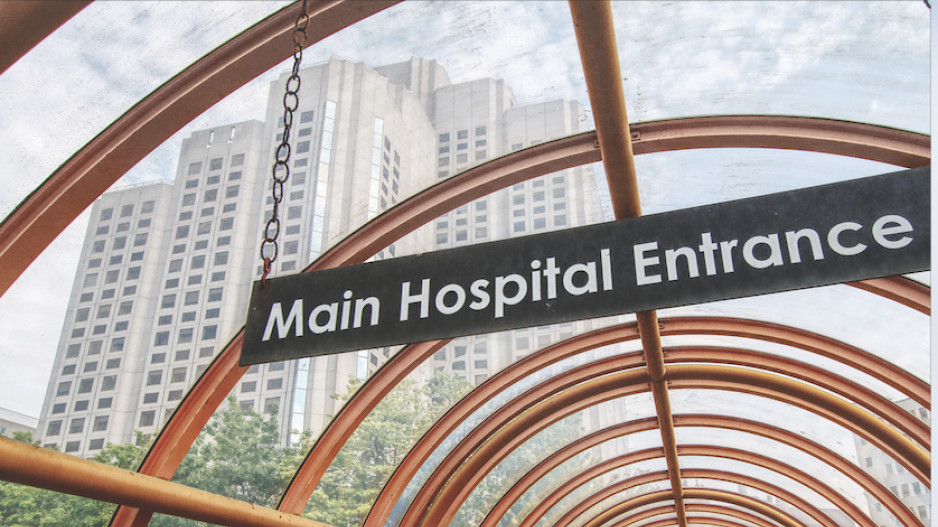A court of appeal has rejected a bid from Â鶹´«Ã½Ó³»General Hospital (VGH) to overturn a previous ruling that found nursing staff breached standards of care when a 83-year-old man under their care broke his hip.
The B.C. Court of Appeal said it was clear that the B.C. Supreme Court trial judge took the view that one‑to‑one supervision ought to have been in place before Ying Wei Zheng fell in September 2016.
In October 2022, B.C. Supreme Court Chief Justice Christopher Hinkson found the hospital had breached that standard when they failed to properly assess and monitor Zheng’s behaviour. The justice also found medical staff did not take preventive steps to mitigate the risk of falling when getting out of his bed.
Hinkson said the breach that caused the accident was a failure to assign one‑to‑one supervision of Zheng to mitigate the risk of a fall.
The judge said Zheng did not have a history of falls, delusions, hallucinations, blurred vision or dizziness, and did not exhibit any of those symptoms on arrival at VGH.
Hinkson said the risk that Zheng might fall if he got out of bed was known to nursing staff.
He found nursing staff failed to assess Zheng as needed and failed to take measures to reduce his risk of falling.
Hinkson awarded Zheng $75,000 in damages.
On appeal, the hospital argued there was no evidence the situation called for the nurses to do any more than consider whether a one‑to‑one assignment, alongside other possible preventive measures, was required in Zheng’s case.
Because Zheng had no history of trying to get out of bed, the hospital said there was no need to impose one‑to‑one supervision.
Writing for the unanimous appeal court panel, Justice David Harris said an assessment plan informs the standard of care.
“Depending on the nature and severity of the risk of a fall, more will be required than simply considering whether to take a particular step, rather, certain steps ought to be taken,” Harris said.


